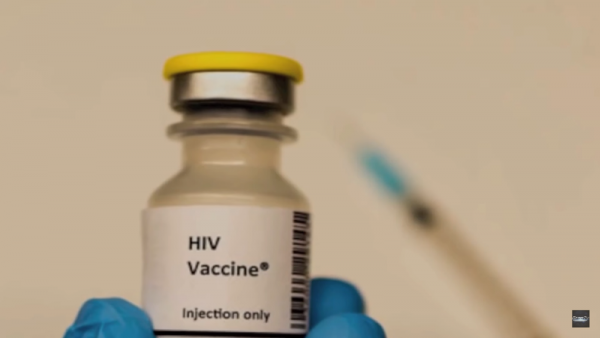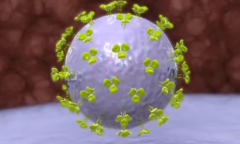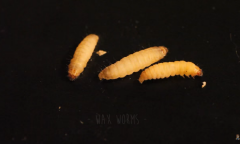By KM Diaz, | May 18, 2017

The potential vaccine to combat HIV infection boosts the cells of the immune system which are less exposed in attacking the virus. (YouTube)
A new strategy has been developed by the researchers at the University of Copenhagen that could revolutionize vaccine design. This will be used to develop a vaccine against HIV/AIDS infection and other chronic diseases.
Vaccines are important tools in preventing infectious diseases such as chickenpox, measles, and polio. However, conventional vaccines prompt rapid stimulation in parts of the immune system which are the most responsive in attacking a specific virus. The immune system often loses energy since the reaction of the infection and the vaccine is so intense that leads to an incomplete elimination of the virus.
Like Us on Facebook
In the new research, scientists want to use a strategy that aims at boosting certain parts of the immune system that attacks the viral genes, as opposed to the method of the conventional vaccines. Through this, the immune system will be resistant to the virus for a long period of time.
The potential vaccine to combat HIV infection boosts the cells of the immune system which are less exposed in attacking the virus. The cells will be able to equally distribute the workload to maintain the defense in attacking the virus. It also allows the immune system to have more time in storing efficient defense to defeat the remaining threat of the virus.
Peter Holst, the team leader of the research and an associate professor at the Department of Immunology and Microbiology, said that they are introducing a new vaccine solution. The potential vaccine for HIV promotes the work of the immune system to have an effective mechanism to combat the virus, rather than directly attacking the toughest parts.
In 2008, the team presents strong immune responses to fight weak immunostimulatory of viruses to test the new vaccine strategy. Initially, they applied the strategy on mice, and then on monkeys.
The findings show that it was able to prevent the simian immunodeficiency virus (SIV infection) in monkeys. SIV is a chronic infectious disease, slightly similar to HIV infection. The results of the strategy are important steps in making vaccine against chronic infections, as well as HIV.
The next phase of the research is to create virus control to every infected animal and then in humans. Researchers are convinced that it is possible to achieve more improvements in the research and have a well-functioning vaccine against HIV and other chronic infections.
The study was published in the scientific journal EbioMedicine.
-
Use of Coronavirus Pandemic Drones Raises Privacy Concerns: Drones Spread Fear, Local Officials Say

-
Coronavirus Hampers The Delivery Of Lockheed Martin F-35 Stealth Fighters For 2020

-
Instagram Speeds Up Plans to Add Account Memorialization Feature Due to COVID-19 Deaths

-
NASA: Perseverance Plans to Bring 'Mars Rock' to Earth in 2031

-
600 Dead And 3,000 In The Hospital as Iranians Believed Drinking High-Concentrations of Alcohol Can Cure The Coronavirus

-
600 Dead And 3,000 In The Hospital as Iranians Believed Drinking High-Concentrations of Alcohol Can Cure The Coronavirus

-
COVID-19: Doctors, Nurses Use Virtual Reality to Learn New Skills in Treating Coronavirus Patients











